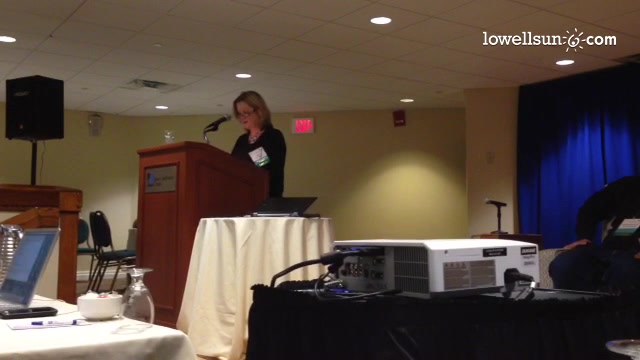Each opportunity and each group of participant writers holds the promise of learning new ways to engage and inspire.
New to teaching or presenting? Here are my 8 Steps To Prepare For A Creative Writing Workshop
1. Narrow your topic: "We want to offer a writing class." Sometimes, the host or events person calls with just this request. It's a great request, but it's up to you to ask and get specifics about the projected audience, its demographics, and, if possible, nudge him or her toward letting you come up with a more specific workshop topic or title.
For example, a workshop on writing short fiction will appeal to an entirely different audience to a session on, say, travel writing. Equally, an active retirement group may want a different type of session from a group of teens--or not. But you must ask.
2. Check out the venue: Nothing kills student participation more than physical discomforts, including rooms that are cold, musty, lack windows, enough space or nearby bathrooms. Ask questions. Go on the organization's website. If needed, ask to visit the venue so you can check it out and actually visualize your workshop taking place in that room.
3. Establish who's boss: Once, a woman hired me to facilitate a three-day summer conference retreat in a gorgeous mountain setting. Fantastic, right? Um ... Two hours into the event, I discovered that this woman couldn't quite decide who was actually leading--her or me. The students were confused and distracted and it was hard to get the writing karma back. Yes, writing workshops are very democratic and participatory, but someone needs to lead.
If your potential host plans on attending the actual sessions, establish if it's going to be as a participant, a co-teacher, a pop-in observer or as a supervisor of your work. Then, depending on the response, accept or decline this teaching opportunity.
4. Prepare. Prepare. Prepare: Participants deserve to get their money's worth and get the most out of these few hours or days. So it's important to really prepare the content, plan the pacing, the writing prompts, the break times, the handouts and other details. Always have an alternate set of prompts in case the group energy lags or dynamics change.
5. Ask about the technology: If you're going to use video clips, pod casts or presentation software (like PowerPoint or Prezi), establish your future venue's internet capabilities. As well as the resident laptop setup, bring your own and backup everything on a thumb drive. If at all possible, request to do a test run--in the same room you will be using for the actual workshop--and make sure the tech person will be onsite or on call on the day of the event.
6. Talk money: Don't believe someone who tells you that facilitating this retreat or workshop will look great on your C.V., will land you a literary agent or give you a free lunch or dinner. The potential event or conference may, indeed, yield one or all of these, but none of them is a valid reason to donate your talent and time.
Ask for a suitable fee. Here are some tips from my previous article at LinkedIn. Ask for mileage or transportation support. As a writer, you should be a good literary citizen and donate your time. But only to organizations you actually choose.
7. Learn how to teach: Many writers' events and conferences hire big-name authors as a way to fill the seats and balance the budget. Often, these rock star authors turn out to also be a rock star teachers. But then, there are those who do not, or who cannot teach.
Before I was a writer, I was trained and educated as a teacher. But if you've never stood in front of a group before, get online and learn the basics of training and group facilitation. Your students will thank you, and you may get invited back for a repeat gig.
8. Ask about marketing--plus the minimum and maximum enrollment: Depending on the topic and venue, there's a magic number for writing workshops. For a fully participatory workshop with lots of peer sharing and review, 9-12 works well. Fifteen is do-able. Anything beyond that switches the dynamics and begins to morph into a lecture style. Too few students, and it's hard to generate dialog and creative energy. Too many? Your participants can feel crunched for time and air space.
Ask about the maximum numbers of attendees and how the venue plans to post and advertise the workshop event to the public. Also make sure you view and approve your instructor’s bio.
As a workshop participant, what would you like to see from facilitators? Or as an instructor, share your tips with us. Write in the comments below.

















